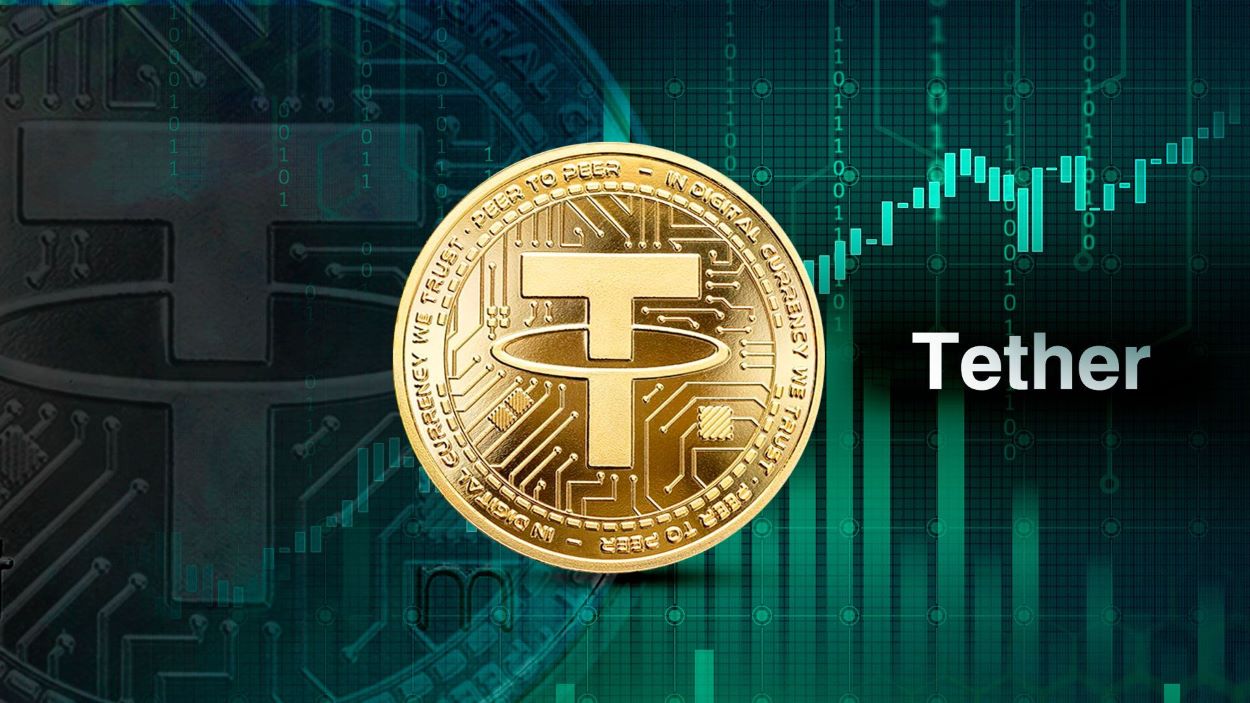The cryptocurrency market experienced a sharp decline on June 13, 2025, following Israel’s airstrikes on Iran, which heightened geopolitical tensions in the Middle East. The attacks, targeting Iranian nuclear and military facilities, triggered a risk-off sentiment, causing a 4.14% drop in the global crypto market cap to $3.25 trillion, according to CoinMarketCap.
Bitcoin peaked at $110,000 earlier this week and fell 3.22% to $104,345 on international exchanges as of 01:31 AM PDT, June 13, 2025. On Indian exchanges, it dropped 2% to $106,899. Ether saw steeper losses, declining 9.05% to $2,513 globally and 8% to $2,505 in India, reflecting heightened market volatility.
The sell-off was driven by investor fears of escalating conflict, compounded by a 5% surge in crude oil prices, which stoked inflation concerns. Analysts suggest elevated oil prices could prompt the U.S. Federal Reserve to delay rate cuts, further pressuring risk assets like cryptocurrencies.
Geopolitical Tensions Fuel Market Uncertainty
Israel’s “Operation Rising Lion” struck key Iranian sites, including the Natanz uranium enrichment facility and IRGC headquarters, killing figures like IRGC chief Hossein Salami, per Tasnim News Agency. Iran vowed a “crushing response,” raising fears of retaliatory strikes. This uncertainty led investors to shift away from volatile assets, impacting crypto markets.
Read: Iran Vows Strong Response to Israel’s Deadly Airstrikes in 2025
Posts on X echoed the market’s reaction, with users noting Bitcoin’s drop below $105,000 directly responding to the airstrikes. However, some altcoins, including Tether, Binance Coin, Leo, Iota, and Binance USD, recorded minor gains, bucking the broader trend.
The surge in crude oil prices, triggered by the Middle East unrest, could have broader economic consequences. Higher energy costs may increase inflation, prompting central banks, particularly the U.S. Federal Reserve, to maintain or raise interest rates. This scenario reduces demand for high-risk investments like cryptocurrencies, as investors favour safer assets like bonds..






